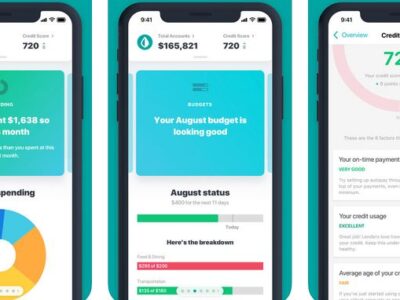How to mix debt payoff & investment strategies
These simple rules will help you pay off debt faster & while still adding to a positive net worth. Why not do one over another? It’s all about managing what you currently have and depending on how much debt you have, it might not make sense to pay off your debt first before doing investing because you’ll lose our on those great investment years as time is the one thing you can’t buy back.
- Always target highest interest first. If you have credit cards, pay those first. Credit cards usually have about 20%+ interest on them. If you have student loans, target the high interest ones first before paying off your lower interest student loans. It’s all about managing interest that keep adding to your debt balance
- Refinance high interest and high balance debt. If you have a high balance in debt, like a student loan, or a mortgage, that might take time for you to pay off. Especially debt like student loans where you’re still starting out with your career and don’t have enough to make progress to combat interest accrue-ing and hitting your principal balance, a refinance to lowest interest rates will help you manage it. Just make sure it’s below 3% so that you can focus on ways to improve your net worth.
- Invest in your retirement account. One of the things you want to make sure is that you secure your future. The retirement after 65+ is no longer a sure thing with social security and pensions. Today’s generation needs to protect themselves and invest in their own 401k when provided from their company and also with an IRA account. (Individual Retirement Account). Start with your 401k, contribute to the company match if the place you work provides that. Put the rest in your IRA – today’s IRS limitations is roughly ~6k. When you can, try to max it out.
- Invest in index funds. In between retirement, and the early years where you are trying to manage your debt, it’s important to build assets and increase your wealth. This is hard, but it’s important to put some money aside in a brokerage account. Index Funds are a good way to see solid growth as the stock market has had 10% year over year growth in the last decade, but since it’s inception in 1929, it’s had a 7% growth YOY when averaging out those recession years that happens generally every decade.
Covering these 4 areas will help you start building a healthy routine towards for any of your life goals like buying a house, starting a family, etc. To round out this advice, make sure you have at least 3 to 6 months of living expenses / costs saved up in your savings. If you’re like me and don’t enjoy the low interest, you can put it in a high-yield savings account or a CD account. That will protect you from bad rainy days so you don’t have to dip into debt.







